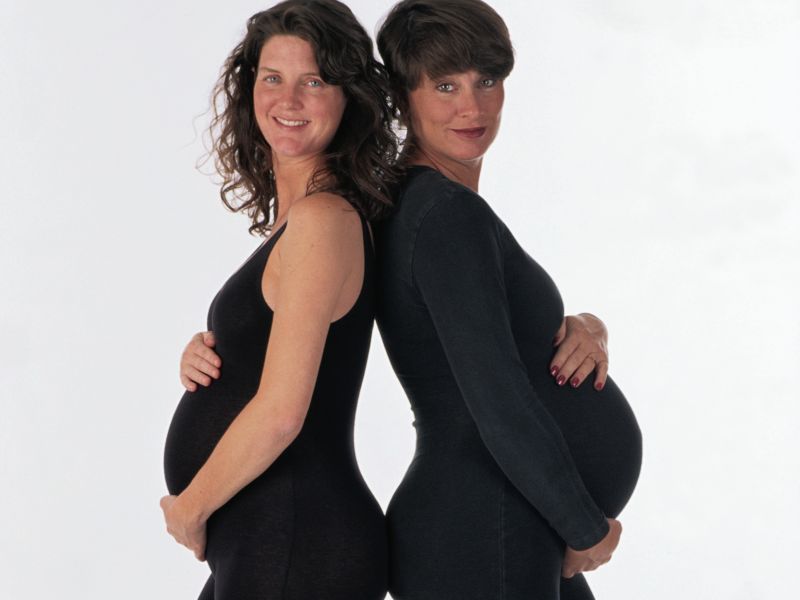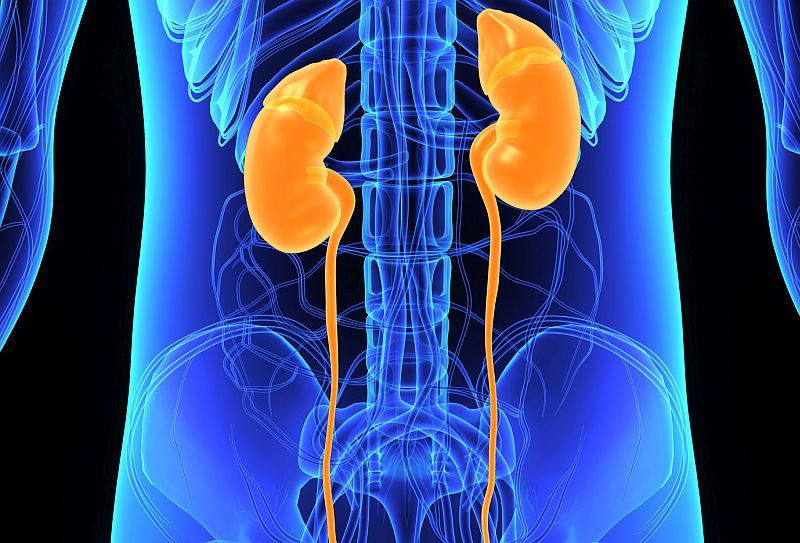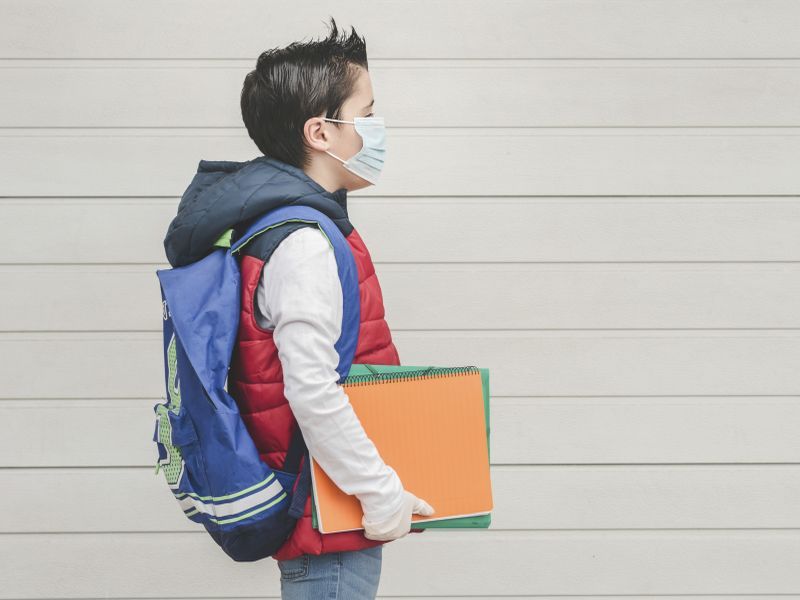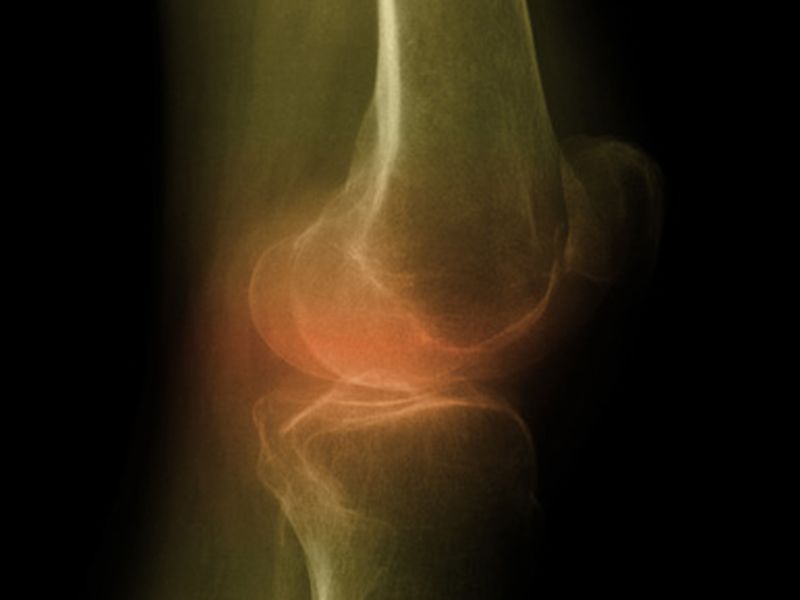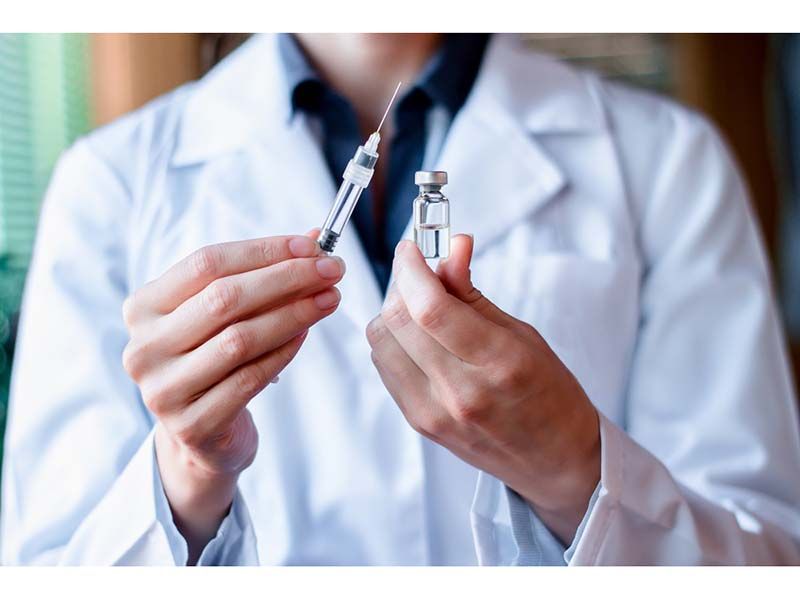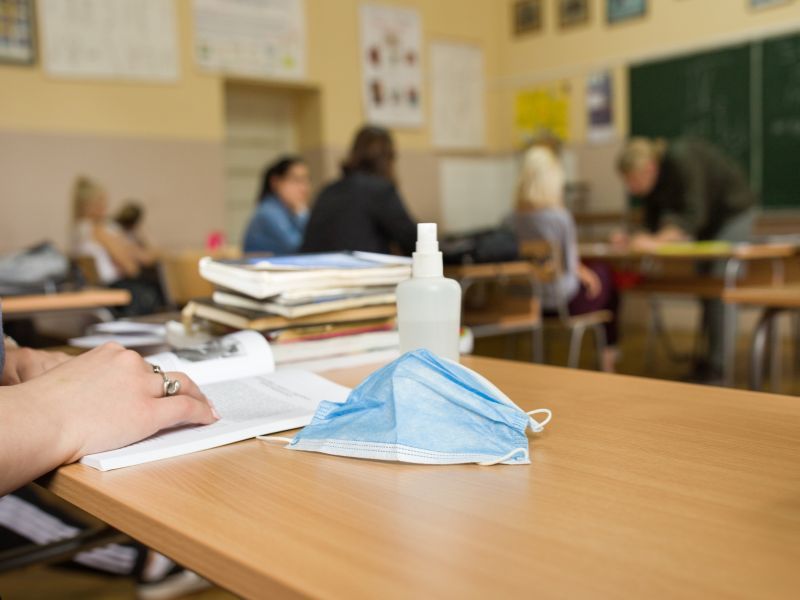
Nearly half of the public schools in America are now holding in-person classes, with white children far more likely to be in those classrooms than Black, Hispanic or Asian students, the first federal data on the state of education during the pandemic shows. The survey, released early Wednesday, suggests the nation is moving toward a… read on > read on >












